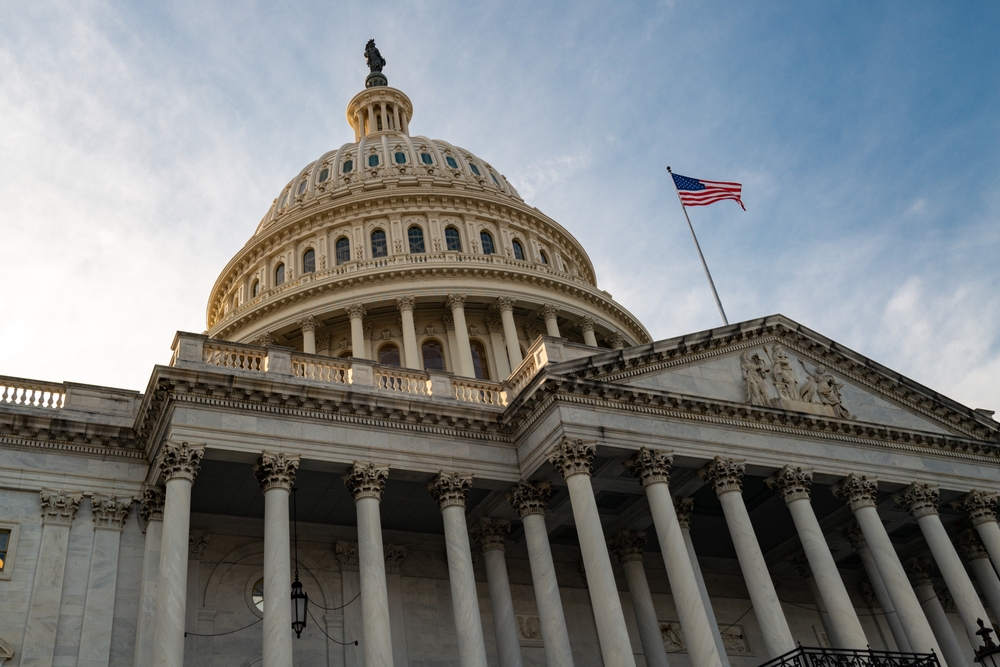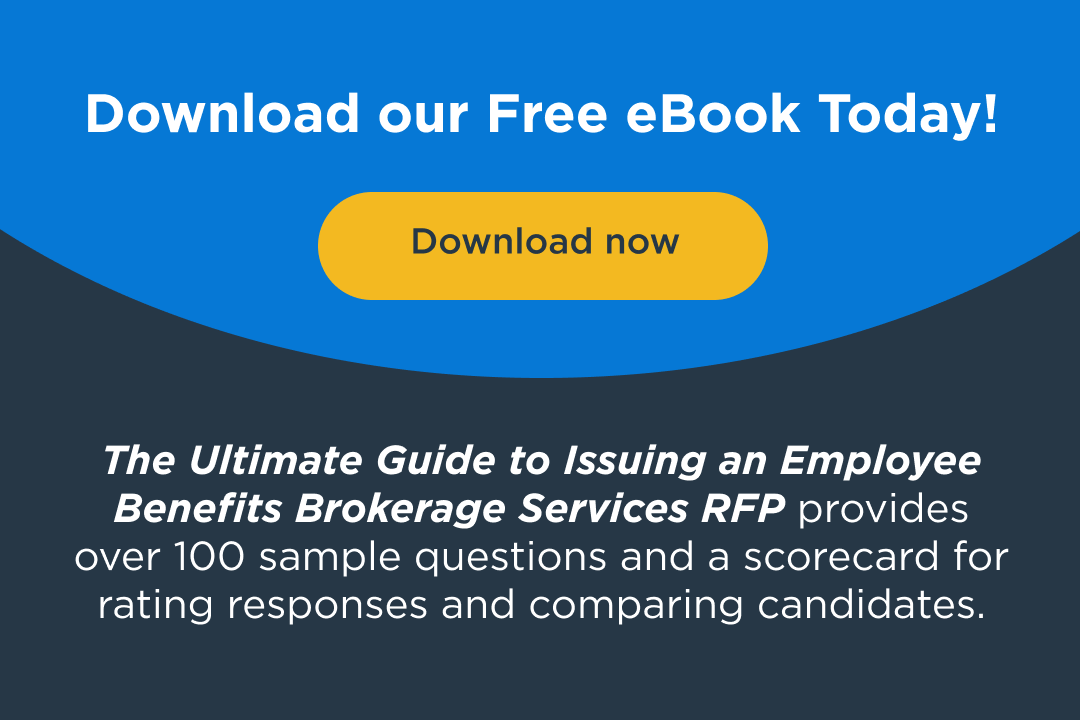How the Expiration of TCJA Provisions Could Affect Employee Benefits After 2025
May 8, 2025

When the Tax Cuts and Jobs Act (TCJA) was signed into law in 2017, it brought sweeping changes to both corporate and individual taxation. However, many of its provisions—particularly those affecting individual taxpayers and certain deductions—were designed to sunset after December 31, 2025, unless extended or made permanent by Congress.
For HR professionals and benefits administrators, the looming expiration presents a unique challenge: how to prepare for possible changes that could reshape the tax landscape for both employers and employees, and influence the design, delivery, and appeal of employee benefit programs.
Here’s what HR teams need to know about the potential implications—and why it’s time to start paying close attention..
1) Employee Commuter Transportation Benefits
Under the TCJA, employers can no longer deduct the costs of providing qualified transportation fringe benefits (QTFBs), such as parking, transit passes, or vanpool services. While employees can still receive these benefits tax-free, employers lost the ability to write off these expenses, making them more costly to offer.
If TCJA provisions expire:
- The employer deduction for QTFBs could be restored, making these benefits more financially appealing again.
- Employers may choose to re-invest in robust commuter programs—especially relevant as companies refine their hybrid and return-to-office strategies.
2) Employer Deduction for Entertainment and Meals
TCJA limited the employer deduction for business meals to 50% and eliminated deductions for most entertainment expenses. This affected benefits such as client event tickets or subsidized entertainment perks once used for employee engagement.
If these provisions expire:
- Full or partial deductions for business meals and entertainment may return.
- This could encourage employers to bring back certain morale-boosting perks (e.g., holiday parties, sporting event tickets, client outings) that had been cut due to reduced tax advantages.
3) Dependent Care Assistance and FSA Planning
While the TCJA did not directly alter Dependent Care FSAs (DCFSA), broader tax bracket changes, personal exemption suspensions, and increased child tax credits affected overall tax savings related to dependent care expenses.
If TCJA sunsets and personal exemptions are reinstated:
- Employees with dependents may experience higher taxable income and renewed interest in pre-tax dependent care benefits.
- HR teams may want to reevaluate DCFSA education campaigns and explore enhancements or expanded childcare assistance programs.
4) Tax Rates and Bracket Changes
One of the most significant TCJA provisions was the reduction in individual income tax rates and the expansion of tax brackets. If these expire:
- Marginal tax rates would increase for most employees.
- Employees may become more interested in pre-tax benefit contributions, such as HSAs, 401(k)s, and commuter benefits, as a way to reduce taxable income.
- HR may see increased demand for financial wellness education, tools, and benefits planning support.
5) Employee Moving Expense Reimbursements
The TCJA suspended the exclusion for qualified moving expense reimbursements (except for active-duty military), making employer-paid moving expenses taxable to employees.
If TCJA provisions lapse:
- Reimbursements could once again be excluded from employees’ taxable income.
- Employers may be more willing to reinstate or expand relocation assistance as a recruiting incentive.
6) Potential Increased Benefit Costs for Employers
If corporate tax rates revert to higher levels (pre-TCJA levels were 35%, compared to 21% post-TCJA), some companies may face increased overall operating costs. This could lead to:
- Reevaluation of total rewards spending
- Pressure to scale back on certain perks or contributions (e.g., to retirement or wellness programs)
- Increased scrutiny of ROI for benefits offerings
HR teams should be prepared to make the case for benefits as a retention and productivity tool—even if corporate finances become tighter.
Preparing for 2026: What HR Professionals Can Do Now
With uncertainty around congressional action, it’s difficult to predict exactly how the tax code will look post-2025. However, HR teams can begin preparing by:
- Auditing current benefits programs for tax-sensitivity
- Staying informed through HR associations, legal counsel, and benefits consultants
- Collaborating with finance and payroll teams to model different tax scenarios
- Communicating early with employees if benefit values or tax treatments change
- Revisiting voluntary and flexible benefits, especially those with pre-tax appeal
Final Thoughts
The potential expiration of key TCJA provisions creates both challenges and opportunities for employee benefits strategy. While some benefits may become more attractive from a tax perspective, others may require reconfiguration to maintain their value.
HR leaders who stay proactive—through planning, education, and flexibility—will be best positioned to adapt and continue delivering impactful benefits in a post-TCJA world..


